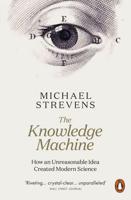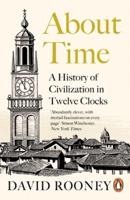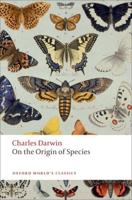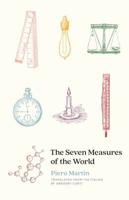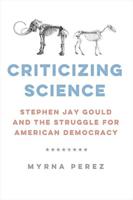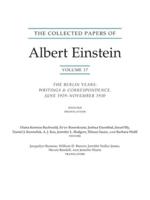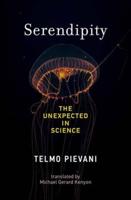Publisher's Synopsis
A thorough documentation of Albert Einstein's plagiarism of the general theory of relativity. Republishes the relevant papers of Einstein's predecessors, captures the history of the major priority disputes and exposes how Einstein manipulated credit for the work of others. In 1997, amid much fanfare, Leo Corry announced to the world that he had uncovered proof that Albert Einstein arrived at the generally covariant field equations of gravitation before David Hilbert. Leo Corry joined with Jürgen Renn and John Stachel and published an article in the journal Science arguing against Hilbert's priority. Their claims were largely based on a set of printer's proofs of David Hilbert's 20 November 1915 Göttingen lecture, which Corry had uncovered. However, in this 1997 article, "Belated Decision in the Hilbert-Einstein Priority Dispute," Corry, Renn and Stachel failed to disclose the fact that these printer's proofs were mutilated, and are missing a critical part. Full disclosure of the facts reveals that even in their mutilated state, these proofs prove that Hilbert had a generally covariant theory of gravitation before Einstein. In 1915, Albert Einstein manipulated credit for Paul Gerber's 1898 formula for the perihelion motion of Mercury. The extensive history of the question of the speed at which gravitational effects propagate and the perihelion motion of the planet Mercury has largely been forgotten, with the full credit for the raising of these questions and their solution too often wrongfully given to an undeserving Einstein. In 1919, (on dubious grounds) Frank Watson Dyson, Charles Davidson and Arthur Stanley Eddington made Albert Einstein internationally famous by affirming that experiment had confirmed, without an attribution to Soldner, Johann Georg von Soldner's 1801 hypothesis that the gravitational field of the Sun should curve the path of a light ray coming from a star and grazing the limb of the Sun. Shortly after that Einstein won the Nobel Prize, though it is unclear why he won it, other than as a reward for his newly found fame for reiterating Soldner's ideas, and for his pacificist stance during World War I--the law of the photoelectric effect was mentioned as a possible reason for the prize. Albert Einstein was fond of propounding thought experiments as if they would somehow account for the research he had never conducted. Einstein also tried to lay claim to well-known experimental facts by postulating that a posteriori problems were instead a priori first principles. He confused induction with deduction and analysis with synthesis. However, even Einstein's thought experiments were unoriginal.

